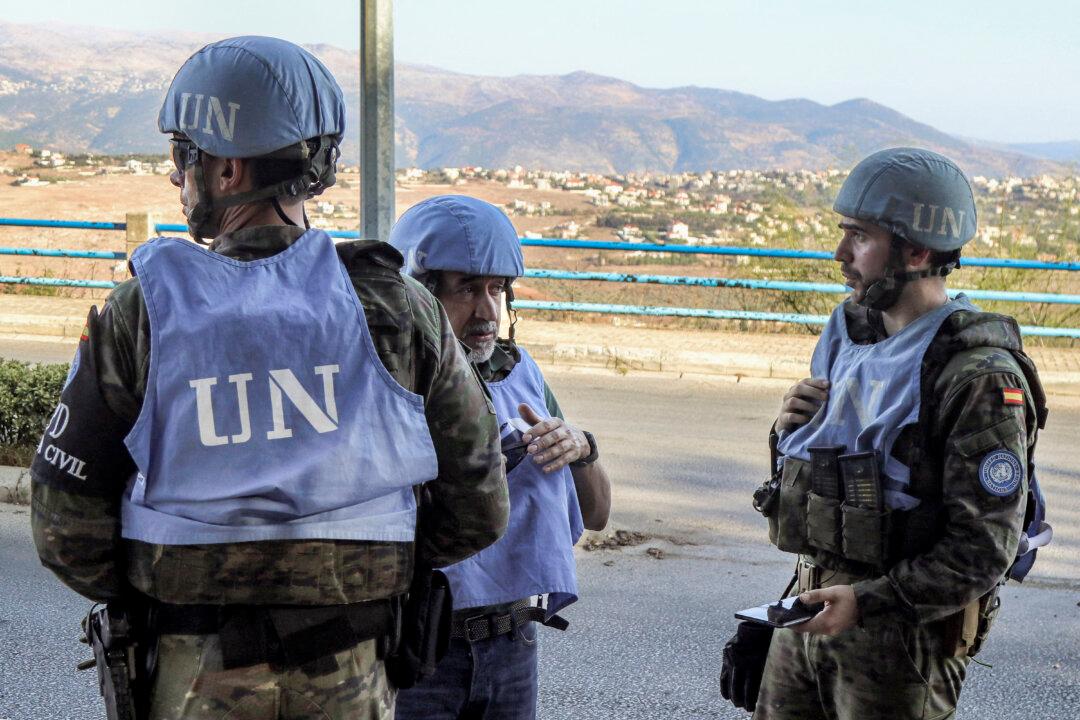News Analysis
Since Israel first sent troops into Lebanon six weeks ago, it has not only fought with Hezbollah but also been engaged in a war of words—along with the odd actual military incident—with U.N. peacekeepers.

Since Israel first sent troops into Lebanon six weeks ago, it has not only fought with Hezbollah but also been engaged in a war of words—along with the odd actual military incident—with U.N. peacekeepers.